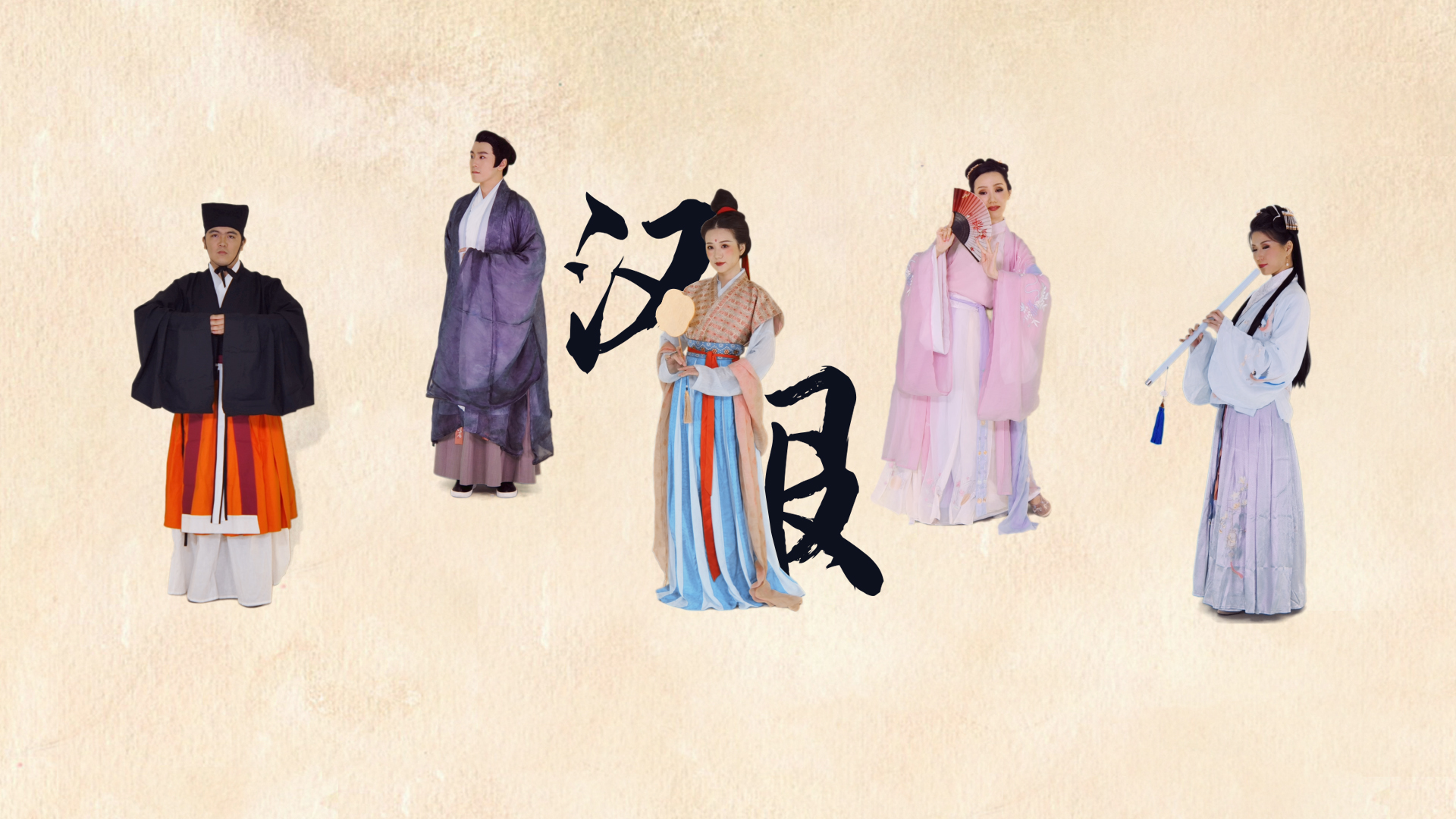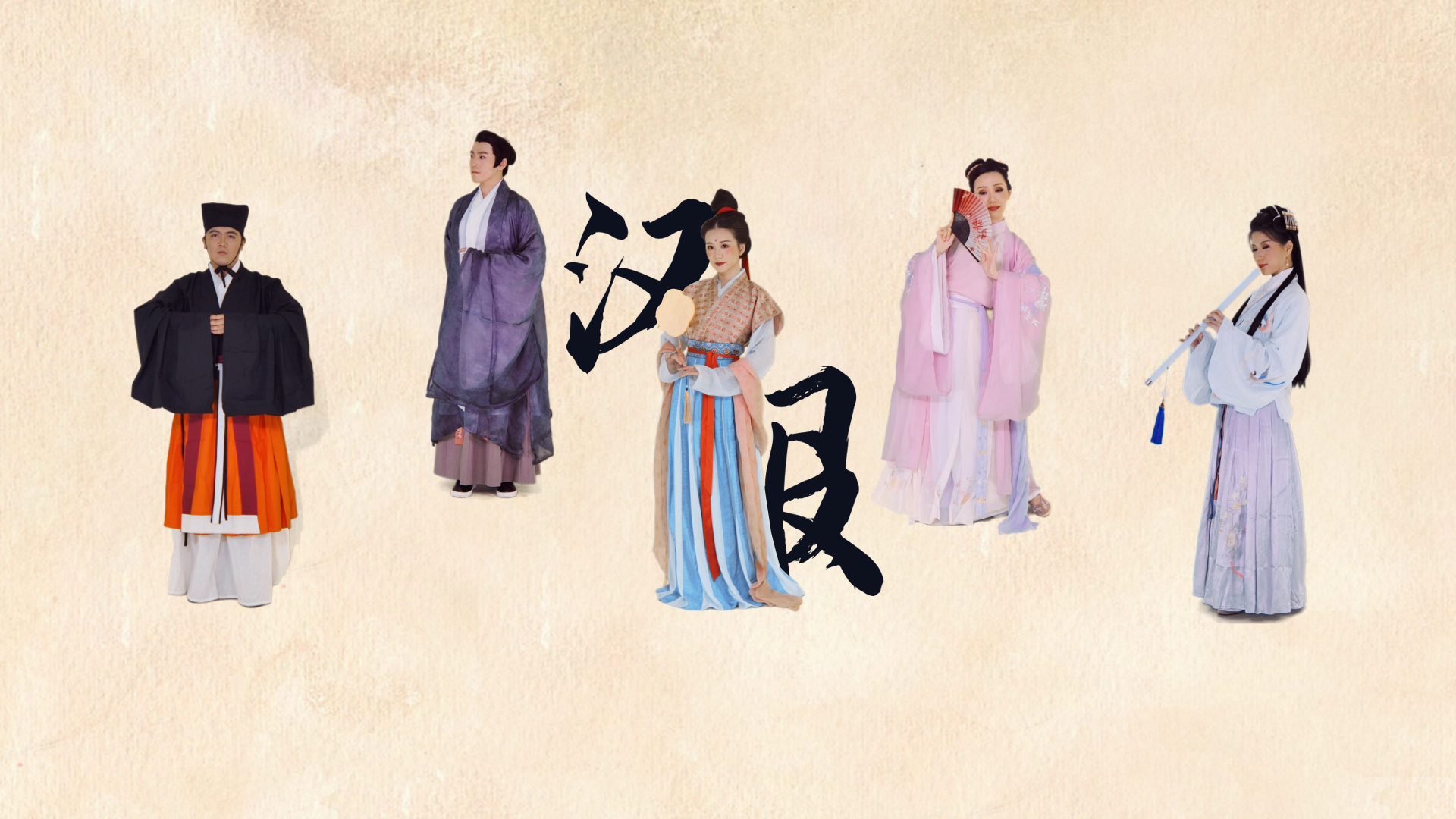02:02

China is a country of multiple ethnicities. The most dominant is a group called the Han, who make up more than 90 percent of the mainland's population.
Traditionally, the Han people had their own distinctive way of life, including the way they dressed. The type of clothing they wear is known as Hanfu, but some also call it Han clothing.
The traditional clothing system of Han people is today divided into two phases: ancient and modern.
Ancient Hanfu dates back to the time of Yellow Emperor, which is about 4,000 years ago. It had been developing until about 300 or 400 years ago, when the Qing Dynasty's policy on hair and dress code intervened.
Later on, it was around the beginning of the 20th century when the country started moving more towards Western-style clothing.
Moving forward, modern Hanfu styles refer to outfits that inherit the basic designs of Hanfu, along with more modern elements.
These eight words sum up its characteristics and what makes a Hanfu. In Chinese, it says "Ping Zhong Jiao You, Kuan Tuan He Ying."

Young Chinese people wear different kinds of Hanfu. /CGTN
Young Chinese people wear different kinds of Hanfu. /CGTN
Ping means flat. One of the key elements of Hanfu is that it doesn't have shoulder lines, meaning the outfit uses just one plain cut of fabric.
Zhong means centralized. The cutting and tailoring abide by the rule of symmetrical tailoring and stitching.
Jiao means the elements of Hanfu are designed to cross and overlap, upholding a belief in traditional Chinese culture: the balance of Yin and Yang.
The word "You" is stressed, meaning everything must move to the right, including how the front is closed.
The fifth one is Kuan, meaning width. Hanfu outfits have loose-fitting upper sleeves and bottom. It reminds the wearer to walk with grace and to observe etiquettes.
Tuan and He refer to the edges and sleeves. The edges have to be neat and clean with no dangling threads, while the sleeves should come together and meet.
Last, but not least is the embellishment. Instead of buttons, a band is used to hold up all the pieces.
And that's how a modern Hanfu outfit comes together.
(Special thanks to: Sun Yihong, Li Kun, Jiang Nan, Du Yanmin)